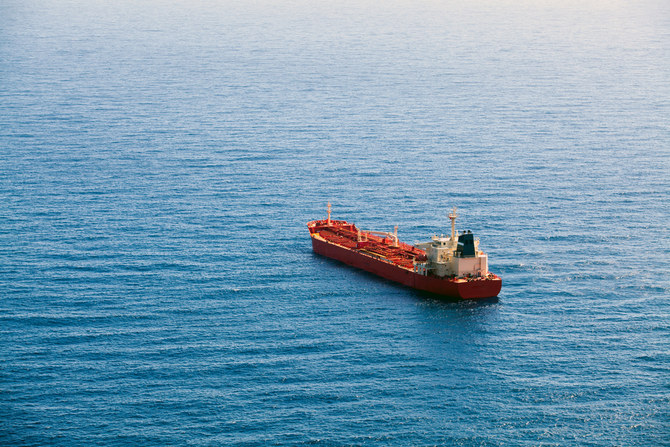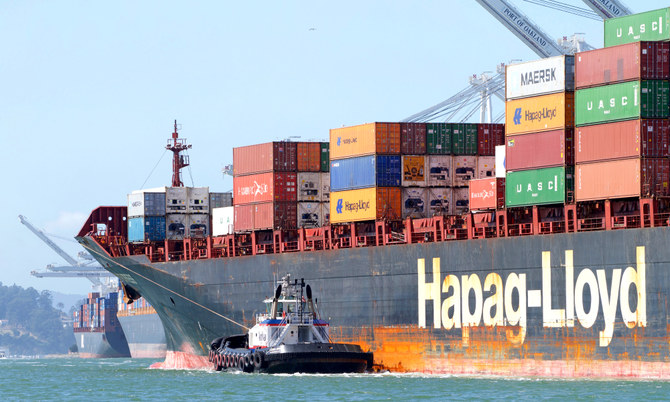
RIYADH: Ongoing tensions in the Red Sea will not impact crude shipments transiting from Russia to India, according to S&P Global Commodity Insights.
Citing analysts and trade sources, the UK-based agency said Moscow was the biggest supplier of crude to the Asian country in 2023, and this trend is likely to continue over the next 12 months, despite the recent Red Sea attacks which escalated fears over diversions and higher shipping costs.
According to S&P Global data, Russia contributed over 35 percent of India’s total crude imports in 2023, amounting to 1.7 million barrels per day.
In December, however, Indian imports of Russian crude oil averaged 1.43 million bpd, reflecting a decrease of 150,000 compared to November and a significant drop of 620,000 bpd from the peak in May.
Analysts and traders added that a slowdown in recent months, due to various factors such as payment hurdles and logistical and shipping delays, may do little to dent the overall trend, as Indian refiners had got used to many grades of the feedstock from Russia.
The report added that the recent drop is due to the rise in the Middle Eastern flows, weather-related issues at ports, heightened refinery maintenance, and increased scrutiny on ships carrying oil from Russia.
“India’s demand for Russian crude remains resilient despite Red Sea threats, with no known diversions seen so far. However, there is an expectation that the US and Latin American crude volumes may opt for the Cape of Good Hope shipping route,” said Sumit Ritolia, refinery economics analyst at S&P Global.
According to S&P Global Commodities at Sea data, the Red Sea route remains the preferred option for traders supplying Russian crude to Indian refiners, with no observed alterations in the journey.
Vibhuti Garg, director for South Asia at the Institute for Energy Economics and Financial Analysis, noted that India could look for Middle East alternatives if tensions in the Red Sea persist.
“India was benefiting from the discounted Russian oil but in the current circumstances, while there are no current diversions, future contracts could be in jeopardy and India might look for alternative supplies from the Middle East,” explained Garg.
On Jan. 4, Hardeep Singh Puri, India’s petroleum minister, said that the country is closely monitoring developments in the Red Sea.
The minister added that oil refining companies had not complained about any payment-related issues while importing crude from Russia.
“There is no payment problem. India’s leadership has only one requirement and that is to ensure that the Indian consumer gets energy at the most economical price, without disruption,” he said.
Meanwhile, Yemen’s Houthi militia on Jan. 7 called for all vessels planning to transit the Red Sea to notify them in advance of their destinations and declare no connections to Israel to avoid being attacked.












